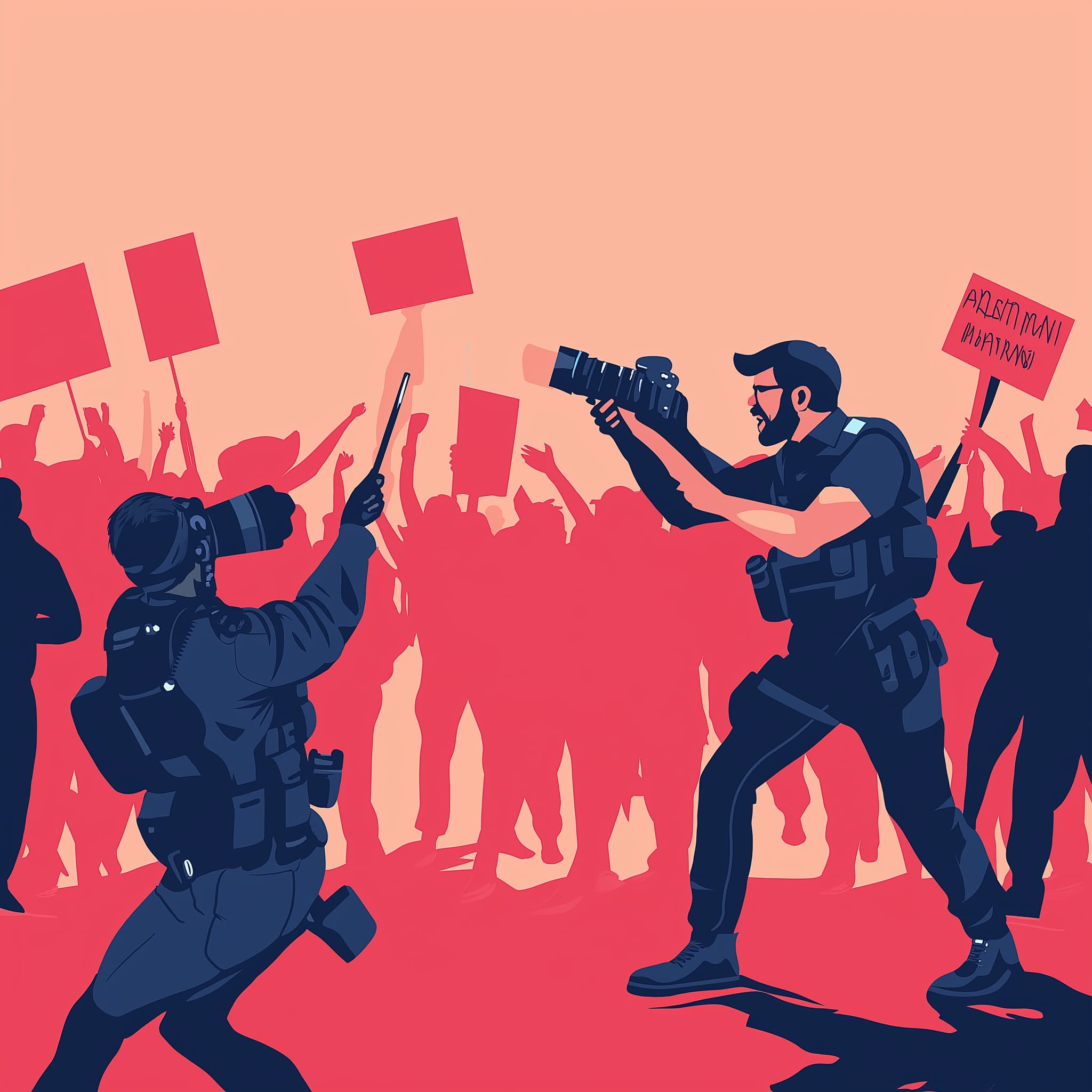Human trafficking is an issue of growing concern to the international community. International organizations, regional bodies and governments around the world are working to create programs and develop policies and new laws and regulations aimed at combating human trafficking. But it is unfortunate that most of these initiatives and actions have only to do with fighting crime and neglecting the rights of trafficked persons. The state protects its own interests, not the interests of the people. Therefore, trafficked persons often become victims of this evil over and over again.
Professionals who work with trafficked persons must be concerned about protecting the basic rights of victims. They must see the need to change their work paradigm from prosecuting criminals to promoting human rights. Professionals working on human trafficking need to be aware of human rights principles, international instruments and mechanisms to ensure that every step they take does not violate the rights of victims.
Non-governmental organization (NGO) activists from every region of the globe who are working tirelessly to eradicate human trafficking, a form of modern-day slavery, strongly believe that there can be no solution to this problem if the rights of victims are not respected and promoted by all actors involved in assisting victims. Fighting for the rights of trafficked persons will make the state more responsible for combating this scourge and will encourage victims to exercise their right to self-determination.


